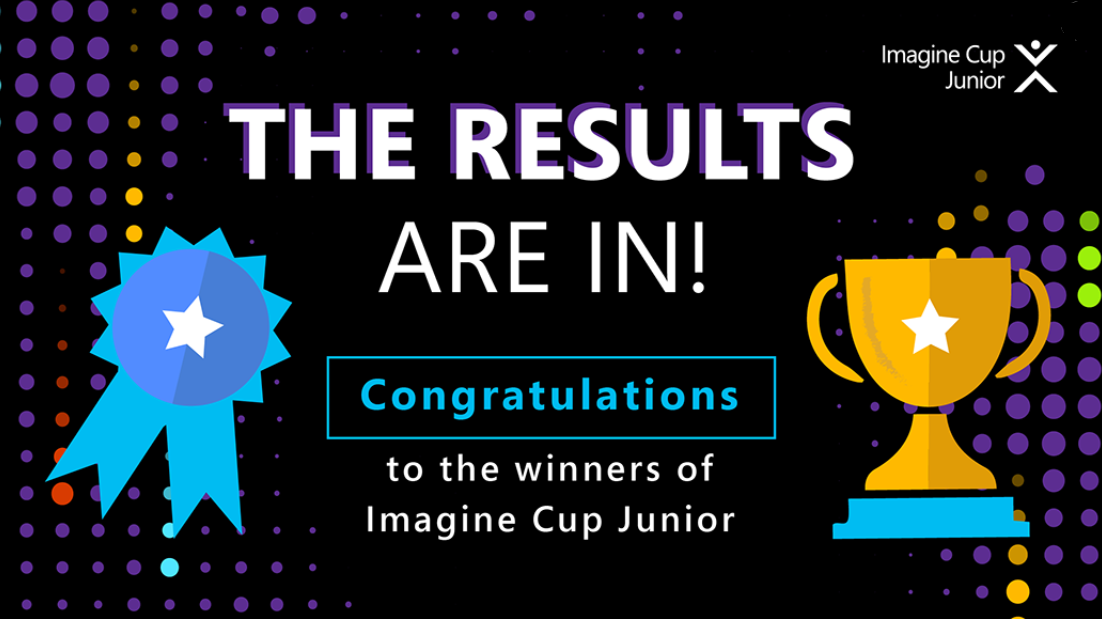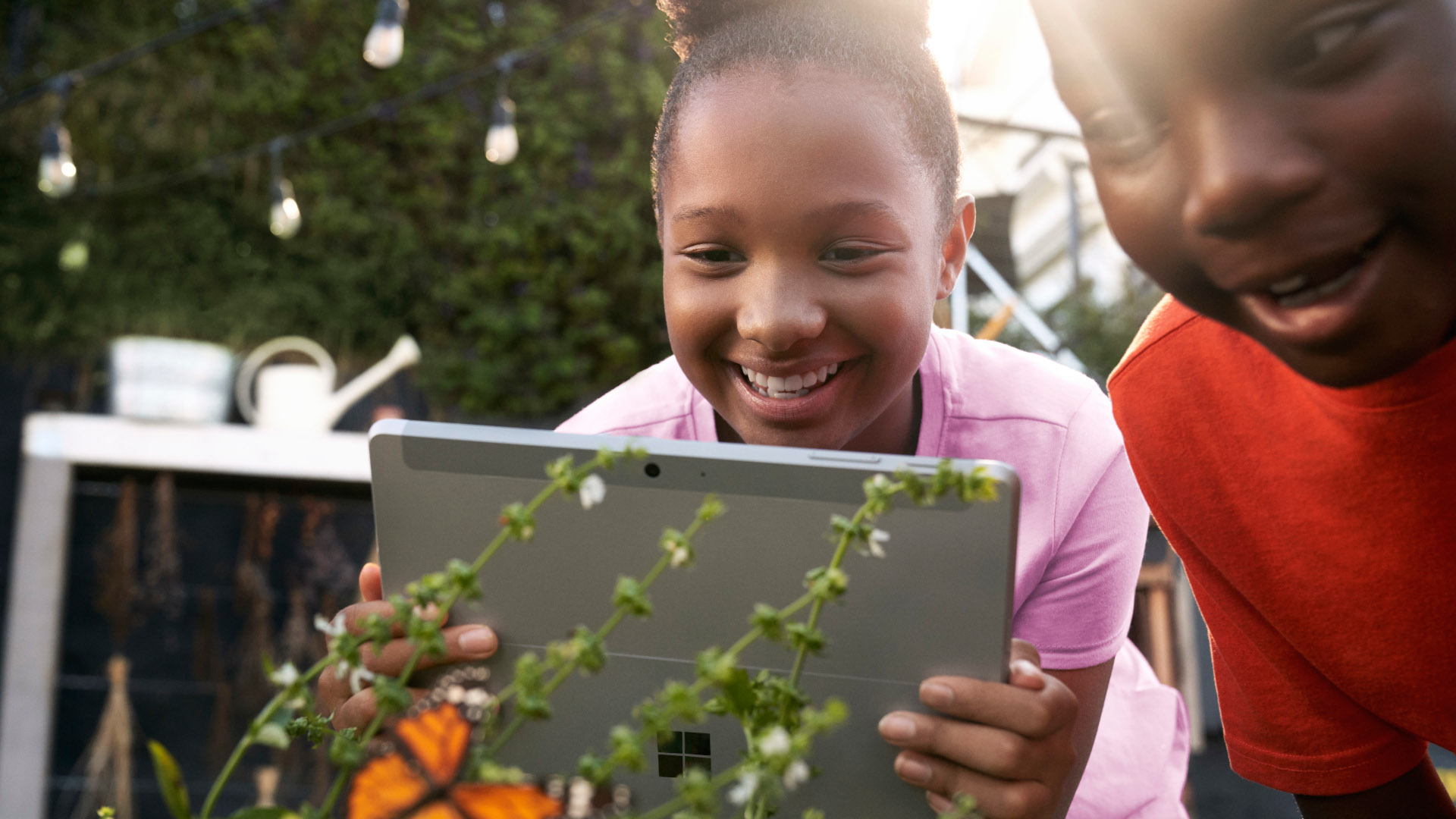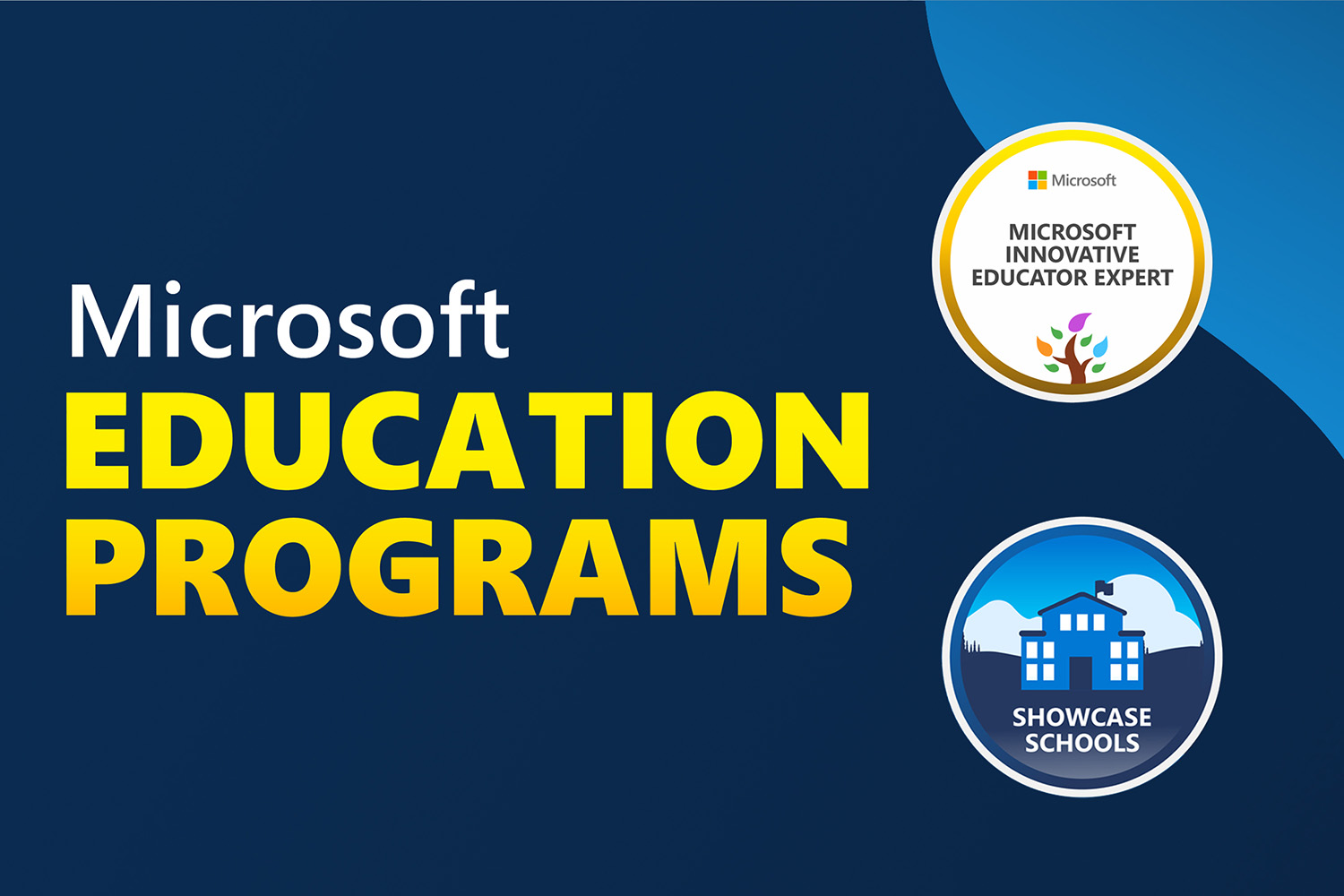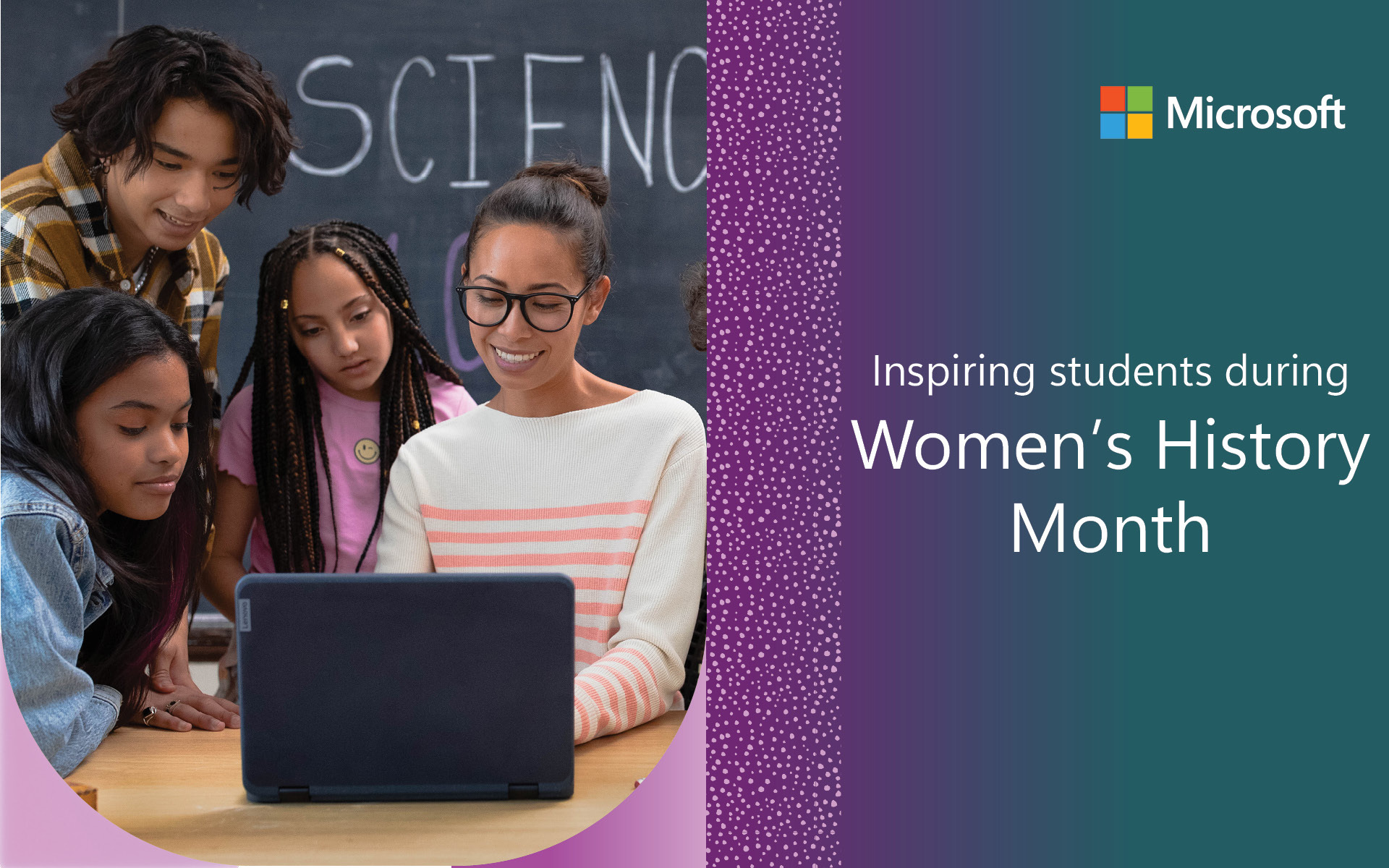AI for Good Challenge attracts record number of student teams globally
Today, Microsoft is excited to announce the top 10 global winners of this year’s annual Imagine Cup Junior AI for Good Challenge. Thousands of students, aged 13-18, participated in the challenge to submit creative ideas to solve some of the world’s biggest issues using the power of artificial intelligence (AI). With so many amazing projects, the judges had a difficult task on their hands, and every student can be incredibly proud of what they accomplished.
Despite the continued uncertainty during a global pandemic in which some students are back in school in person while others are still learning remotely, students found creative ways to bring their teams together, innovate, and learn about AI along the way. Whether students were suggesting solutions for hardships experienced by their friends or family, issues they have read about in the news, or how to preserve the earth and create a better world for future generations, their standard of submissions was truly awe-inspiring.
“At Microsoft we’re always impressed by the creativity in the solutions submitted by the future generation of students. Every student who took part brought their heart to their projects, which really came through to all of the judges.”
- Rick Herrmann, Vice President Worldwide Public Sector Education
The top 10 global winner team names, country/regions, and project descriptions are listed below in alphabetical order:
- ARISE, Nepal: ARISE is an AI- driven interactive application promoting accessibility for chemistry laboratory equipment using motion and augmented reality.
- AutoCrab, Hong Kong: AutoCrab is an AI sensor to monitor and regulate water quality in hairy crab aquafarms.
- Clean Up Crew, Australia: Clean Up Crew is an all-in-one AI device that collects and sorts waste materials into appropriate categories to be properly recycled.
- Earthatarian, United Kingdom: Earthatarian is an AI-powered application to reduce food waste by predicting the ‘actual expiry’ of stocked food items and monitoring food consumption.
- HACKRR, Philippines: WTFact is a fact-checking browser extension that utilizes AI to detect fake news and make internet users aware of online mis- and dis-information.
- NeuSparks, China: NeuSparks uses Azure AI and Machine Learning to transcribe folk music recordings into digital format (MIDI) that can be easily transmitted and assist in sheet music creation and re-composition.
- Sea Waste Scavengers, Indonesia: This AI concept is a ship fully powered by electricity from hydro and solar energy that tracks, locates, and captures plastic garbage and delivers it to a recycling plant.
- SkyLine Humanitarian, Vietnam: This AI integrated mobile application connects hospitals and blood donors by blood type while encouraging potential new blood donors by spreading awareness.
- Team Sensory Metaverse, India: Sensory Metaverse is a VR concept with a headset and a body suit that helps users not only see but feel virtual reality.
- VORA, United States: VORA is a visual object recognition aid for the visually impaired.
For Microsoft, it’s inspiring to see more and more educators embracing newer technologies like AI, Azure cloud, and machine learning in the classroom, regardless of their comfort levels with technology. When teachers provide these experiences to their students, not only do students get the opportunity to learn about Microsoft’s AI for Good initiatives, they also further develop and practice modern and in-demand workplace skills like communication, collaboration, critical thinking, and creativity.
Congratulations to ALL of the students who participated this year. On behalf of Microsoft, we can’t wait to hear from you in the future and see how you continue to find creative ways to use AI to improve our world.
Are you starting your journey of learning AI? Take a look at Microsoft Learn for Students, MakeCode, Minecraft Hour of Code AI Tutorial, and Hacking STEM. Students older than 16 who want to take their learning and competitive experience even further are encouraged to register for the 2023 Imagine Cup Challenge and/or apply to be a Microsoft Learn Student Ambassador at a university or college.
Stay tuned for the next Imagine Cup Junior Challenge!




